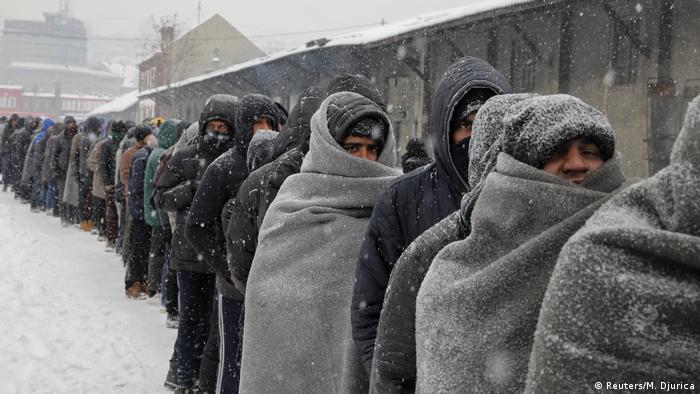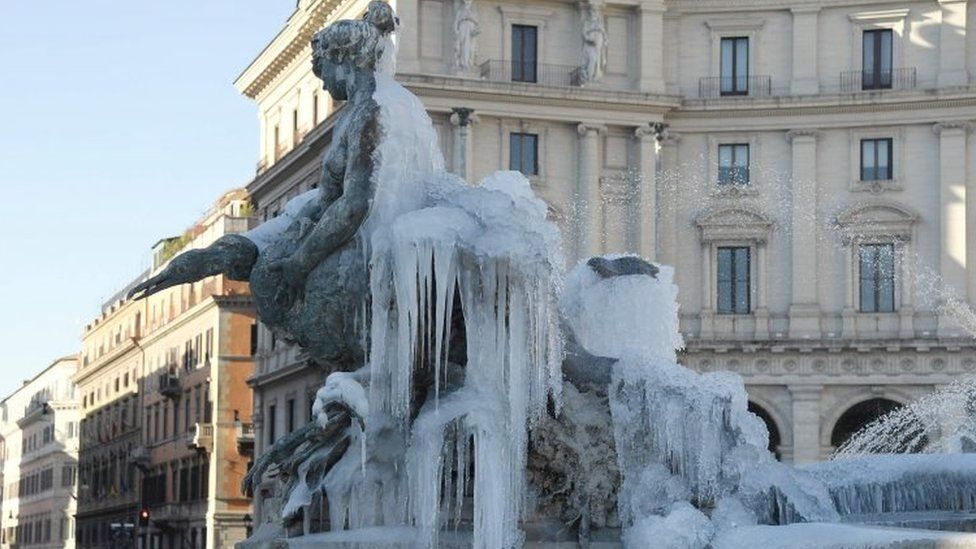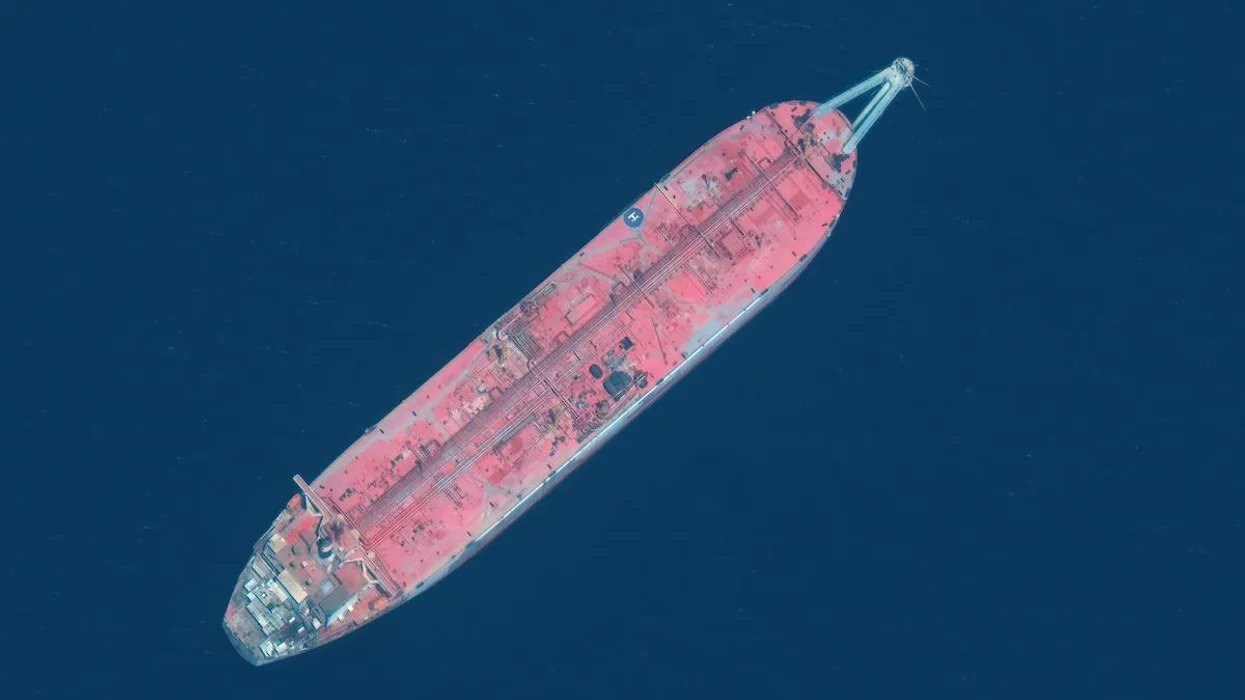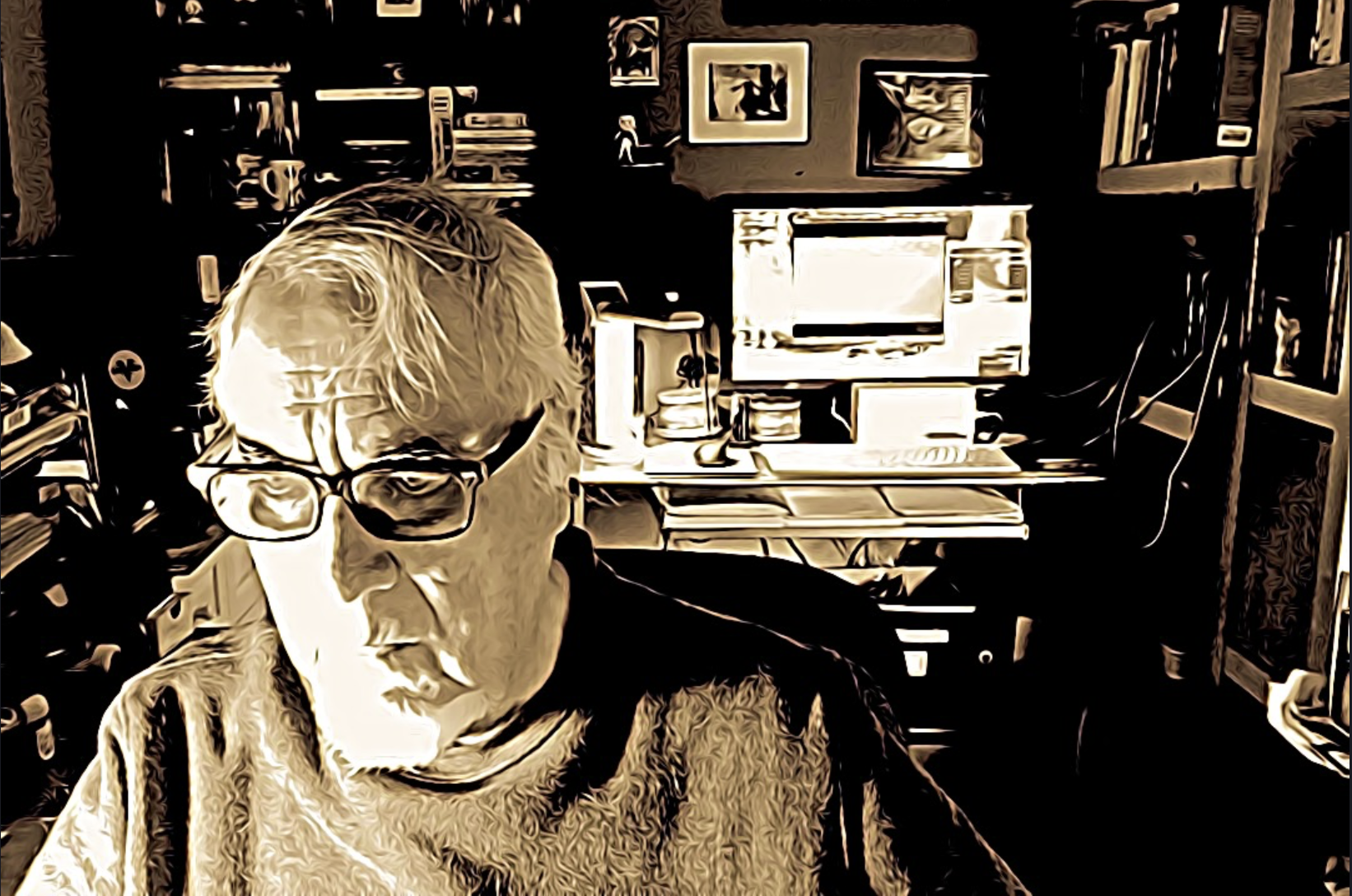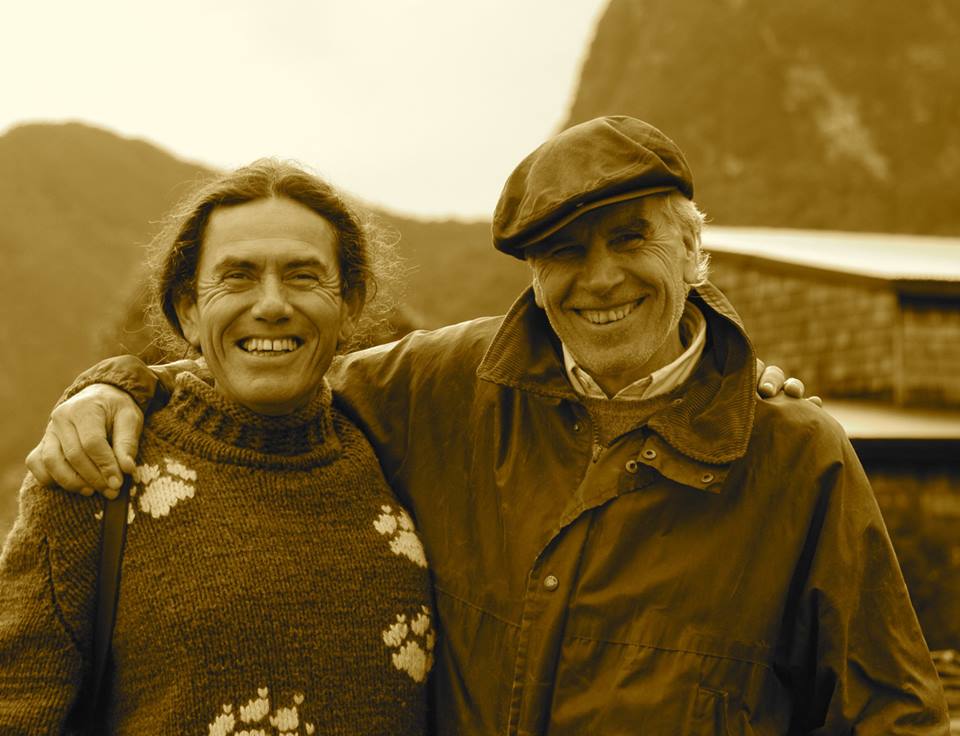The Unique American Empire

 Indrajit
Indrajit
indi.ca
| Resize text-+= |
The White Empire under America is historically unique. Many empires have conquered earth, a few have conquered sea, but only one has dominated air so completely. America is the final and most fearsome avatar of White Empire, which had all the elements under its command. Earth, water, and air all bowed to its superior firepower. But that's all ending now. The White Empire is already history. It just takes a while for the bloody pages of history to dry.
Terms (White Empire)
The greatest whiteness of the White Empire is that it just blends into the background, like the white space on this page. I made up the name White Empire cause I got tired of repeating America+Europe+UK+Canada+Australia+Occupied Japan+Occupied Korea, etc. The greatest trick the Devil pulled was convincing the world He didn't exist. White Empire is like this, and this is an American innovation. The British Empire was proudly Rule Britannia but American Empire is the amorphous Rules-Based Order. Whose rules? Their rules. But they don't come out and say it. They are the hypocritical hegemon, and this has been remarkably effective. They just blend into the background and all the blood seems to come out of nowhere, from these random 'conflicts'. What's America doing in the middle of all of them? “Helping”. Total bullshit. They are the nameless evil, which is why I come out and name them. Call it White Empire, American Empire, America, it is what it is.
Names, names, the devil has so many names. They're all irrelevant when we don't even see the planes bombing us, or the bureaucrats taking our food away. It's all one continuous White Empire to those on the bottom, in what they call the Global South. For the people under unrelenting centuries of colonial power, White people just take turns beating us with different excuses. First it was because we didn't believe in their God, now it's because we do. Today all of the colonial countries ruled by America and they lecture us with secular values instead of religious ones, none of which they practice or believe. Same shit, different day, as my historical thesis leads.
"The greatest trick the Devil pulled was convincing the world He didn't exist. White Empire is like this, and this is an American innovation. The British Empire was proudly Rule Britannia but American Empire is the amorphous Rules-Based Order. Whose rules? Their rules. But they don't come out and say it..."
The nature of Whiteness is that it just blends into the background, like the whited-out apartment of the titular serial killer in American Psycho. That singular psycho kept his furniture covered and newspaper on the floor, as a more convenient background for ax murdering. The collective psychosis of White Empire does the same thing. They use 'international' institutions to cover up their war and siege machinery, and spread newspapers to sop up the bleeding. This unnamed, untamed empire is the backdrop of centuries of war and violence, culminating in the wild fury of genocide we're witnessing in Gaza. A new world struggles to be born and, as Gramsci sorta said, this is the time of monsters.
For a certain generation, asking them about White Empire is like asking a fish about water. “What the fuck is water?” We swim in this world of endless bloodshed like fish swim in a world of endless water. The constant violence of the Empire is just the constant background, not foreground. We can't even perceive it, at least I couldn't for many years. The White Empire is clear, it's invisible, it's default. As the martyr soldier Aaron Bushnell said, “this is what our ruling class has decided will be normal.” Indeed, we take so much for granted that is outright abominable.
Until recently, America felt free to kill anybody, anywhere, anytime. To coup any nation, anywhere anytime, and then sanction their grandchildren's children if they defied. Aggression was just their sovereign right, and they were quite sanctimonious about it. America can point nukes at everyone, and has used them on innocent civilians. But if anyone even thinks about nuclear power that's a crime that their children must be traumatized for. America got the British government to arrest an Australian citizen (Assange) on American charges, like those countries don't exist at all. Because they don't. It's all one White Empire. In the same way, America got Canada to arrest a Chinese national for violating US sanctions, because Canada doesn't exist either. It's just America's chapeau. Can you see the contours of the White Empire now, as the background becomes foreground when you focus?
The White Empire is just a neocolonial mob family, with 'made' nations that can do whatever they want, and unmade (undeveloped) nations that get preyed on. If anyone tries to investigate a 'made' country like 'Israel', the mob boss will actually threaten the judges families. The G in G7 stands for Gangster, or Genocide if you're on the wrong side of it. This highly abnormal and amoral state of affairs is ‘what our ruling class has decided will be normal’. But none of this is normal. It's all evil.
America is the White Empire is the Evil Empire. What Americans fantasize about fighting in the dark of their movie theaters is what they actually walk into, as they step out. It's all one military-industrial multiplex, with politics as the real entertainment division. Totalitarianism, authoritarianism, fascism, every accusation is a confession. America is the most evil incarnation of empire ever known (selling your own rape-borne children into slavery? dropping nukes on civilian populations?) and, to invert Fidel Castro, history will not absolve them.
Discussion
let me spit. As the final avatar of White Empire, America commands all four elements, earth, water, air, and fire. Or at least it did command them, now it's all going to shit. Let's go through how we got here.
Earth
America actually lost its ability to field land armies in Afghanistan. They haven't been able to take the field since, despite yelling at lots of people and throwing proxies in front of them. They're actually covering their retreat. The mad kingdom without a king went to the graveyard of empires and actually died there, the signal just hasn't reached their zombified brains yet. America simply can't raise the men (who are either too overweight, insane, or unwilling) or the matériel (it's all depreciating rapidly) to wage a land war in Asia, let alone three, like they're trying to. Their budget is just a measure of corruption, not power. Their bellicosity is bluster. America can't project land power at all anymore. The earth element is lost.
Water
I'll dwell more on water because water is is what made colonial empires different. Genghis the Khan and Alexander the Great went as far as a horse could go but could conquer no further (the Khans did try to sail, but unsuccessfully). The vast majority of ancient Empires were land predators, certainly not global naval powers. Even though China could make treasure ships the size of the Niña, Pinta, and the Santa Maria combined, they didn't want to. They came to places like Sri Lanka, gave gifts, and never came back. They were rich already. They didn't need anything.
The warring tribes of Europe, however, were a different story. They were needy. These savages lived in the most solar poor peninsula of Asia and had evolved to be especially violent and greedy. The Mediterranean Sea gave them lots of naval training, and they later used it to sail across the larger seas. Their ships were far inferior to the Chinese but, unlike the Chinese, they needed them. Necessity was the true mother of colonization, not innovation or exploration. Europe was poor and they attacked the places that had resources and wealth. They incarnated their greed as corporations and, once they did, baby gotta eat.
The reason for colonialism is not actually that complicated, and it explains why colonialism, racism, and climate change are, in fact, one phenomenon. Note that I said Europe was solar-poor. Solar energy (which also drives the winds) was really the only potential energy back then, with animal (including human) labor to make it kinetic. Even biomass (burning wood) requires sun to grow it, solar energy is what the burning releases. Even wind is ultimately driven by temperature differentials created by the sun.
Colonialism is described as a scramble for wealth, but what is wealth really measuring? All currency is just a call on future energy, the ability to make a stripper dance on a pole or the world to spin around a unipole. As Vaclav Smil said, energy is the universal currency. And that's what the mad colonial scramble was for. The rest of the world had the sun and the population to grow things. The sun is also why people down here are darker. Our pigment is a visible measure of solar energy. It's like we're charged up and White people are visibly depleted. Racism is just an excuse for energy vampirism, if you think about it.
Physics abhors an energy imbalance, and it is this force that colonialism uncorked. There was vastly more energy in the south than the north, and the colonizers made it into a circuit, using water as a conductor. This had been done at small scales before. Ancient empires (like the Egyptians or the Indus Valley) were usually connected along a river, because it's hard to move things or people without the magic of water. Land-based empires are of course possible, but very difficult to maintain without the pre-modern version of the Internet, the conductive power of water.
Water was what made colonialism possible, and it was initially a 'renewable' enterprise, adding just wind power, labor, and biomass. Sailing ships could take massive weights across massive distances and suddenly all of that potential solar energy of the south began flowing north (and back around) via the kinetic energy of oppressed people and slaves. Racism was the human processing of a physical fact, that the sun-poor were robbing the sun-rich, and wanted to justify it. Climate change is just the consequences of these acts, because moving energy around has consequences.
Moving matter and energy does 'work', and work creates heat, as per the first law of thermodynamics. We ignore this at our peril, hence the peril today. Water made this all possible. It was the original conductor which enabled the first global empires, what I call one White Empire, because what's the difference between the Dutch, Portuguese, and British to people like me? Just different ships over the horizon, come to take our stuff and sap our energy. Water is what lubricated this lunacy. The original White Empire was a water nation, but air is what made it into an apex predator indeed.
Air
Water empires were good enough for scoring filthy lucre. The stock market actually peaked in the South Sea Bubble and hasn't recovered since.

But enough is never enough when you've incarnated your greed as corporations, and given them the world to feed on. The discovery of fossil fuels meant even more (stored) solar energy to turn into 'work' leading, of course, to greater heat and entropy. Thermodynamic laws are real, unlike the vulgar laws of economics. While economics happily books profits every quarter, physics marks its ledger by centuries, and then rips up the economic ledger entirely. Thus it goes with what we so proudly call progress and history.
The immense potential energy and density of fossil fuels (especially oil) enabled airships, which was a world-warping change. Whereas World War I was fought with, mostly horses, World War II was fought with mechanized vehicles and planes (and lots of horses as well). Whereas WWI was the water-based colonial powers fighting amongst themselves, WWII was the water-phobic Hitler trying to leapfrog them all through fossil-fuelled land and air warfare. World War II was really the inter-imperial battle for a new type of empire, one that marshalled all the elements using the effective magic of fossil fuels. Millions of undead solar slaves that you could pipe through a tube. But Hitler didn't win that war. The racist totalitarian state that inspired him did. America. After World War II finally ended in 1991, they became the fire nation that ruled. And they ruled the air above all.
To this day, most commercial airplanes are made by the USA (Boeing) or their backyard bitch France (Airbus). Not that other countries didn't or couldn't make planes, it's just that the White Empire dominated. America inherited sea lanes and naval bases from the British, but its real contribution to White Empire was aviation. The most terrifying power of the US military is its ability to deploy a fully functional Burger King anywhere in the world overnight, followed by its ability to deliver nuclear weapons through the same mechanism.
America of course still relies on naval and land power. Like the many horses used (and abused) in World War II, old forms of energy use don't entirely go away, new consumption just stacks on top of them. America, however, is distinct from other empires because it commands both air and space power at a frankly godlike level. They can rain down death from above wherever they want, and frequently do. But they're not actual gods, because they can't control the weather, and the actual gods are teaching them as we speak. That's what climate change is. The revenge of the weather gods, largely unworshiped and besmirched for centuries now. This is their aeon.
The fact is that all this power, all the energy that colonialism unleashed (and capitalism capitalized on), has thermodynamic consequences. The first law of thermodynamics says that perpetual motion machines are impossible (ie an economy that grows forever) but White Empire has based its entire existence around that impossibility. Infinite growth forever on a finite planet.
Another implication of the first law is that work makes heat, and when you apply this to an economy that's supposed to double every generation (what you get at roughly 3% annual growth), things get crazy real quick. If we keep doubling the work we do every generation (a 2.3% growth rate), the waste heat alone boils the oceans in 400 years. Conventional economics obviously kills us over just a few centuries, but it makes a killing next quarter, so who gives a shit. As Keynes said, in the long run we're all dead, speaking for all dead economists.
The second law of thermodynamics is basically that tea gets cold, energy differentials settle and you end up with unpalatable muck. AKA entropy. The frenzied movement of energy around the world—first by land, then water, then firepowered air—has left only a massive mount of garbage and waste heat in the long term. All of our vaunted progress, it's just a fart in the wind, geologically speaking. Everything we measure as GDP is garbage, most of it within a year, all of it within geological timescales. Meanwhile the waste heat and radiation lasts much longer and is our only real legacy to future scientists, should they dare play with these dark arts ever again.
This process started when we first captured the elements via agriculture, increased when we moved them along water in river valleys, accelerated when we moved them across the waters of the ocean, then we really started cooking with gas with aviation. But all of these processes have a logical, mathematical end according to the most basic laws of physics. What goes up must come down. Disorder is easier than order. Fuck around and find out. The fall of America is really a part of the much greater fall of White Empire, and the even greater fall of the containing ecosystem. It's wheels within wheels, and the wheels are all coming off this century.
Conclusion
I've digressed but I hope it's digestible.
America is a historically unique Empire because it marshalled all the elements, but we are nearing the logical conclusion to this deep delusion. It is a blasphemous idea that the elements were ours to marshal in the first place and the gods are slapping us back into place. As they have done to every empire, ever, though it always seems surprising. Every empire that tried to conquer the earth has turned to dust, every empire that used water (via rivers) has seen it dry up, every empire that sailed the seas has gone under. Air is a seemingly supreme power but we still can't control the weather and—on a long enough timescale—the weather still controls us. The one aspect about American Empire that's not unique is that all empires must fall. Dumbasses to ashes, dust to dust.
Please scroll down to read about the author's background.
- In cynicism and power, the US propaganda machine easily surpasses Orwells Ministry of Truth.
- Now the fight against anti-semitism is being weaponised as a new sanctimonious McCarthyism.
- Unless opposed, neither justice nor our Constitutional right to Free Speech will survive this assault.
Print this article
The views expressed herein are solely those of the author and may or may not reflect those of The Greanville Post.
 This work is licensed under a Creative Commons Attribution-NonCommercial 4.0 International License •
This work is licensed under a Creative Commons Attribution-NonCommercial 4.0 International License •
ALL CAPTIONS AND PULL QUOTES BY THE EDITORS NOT THE AUTHORS

